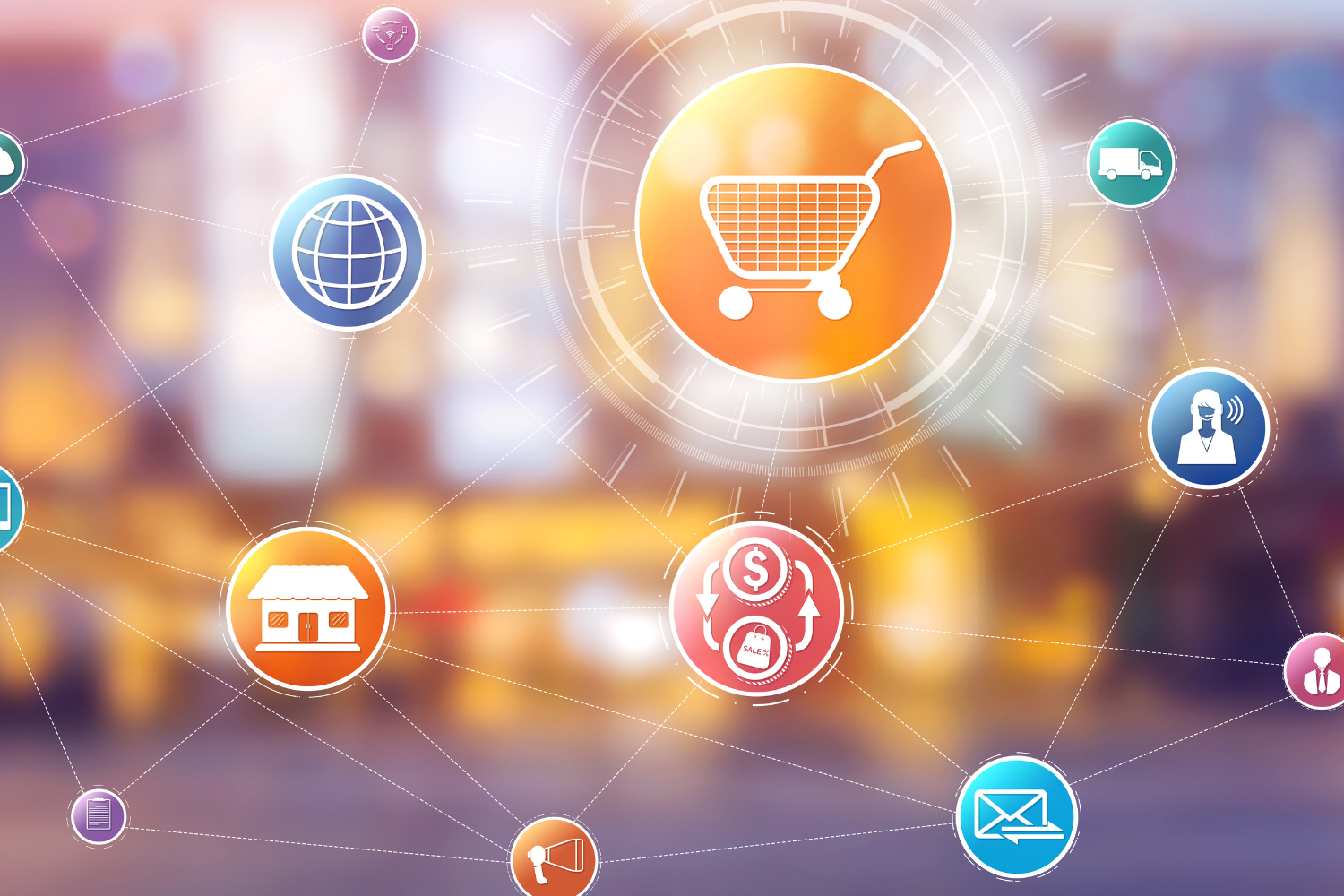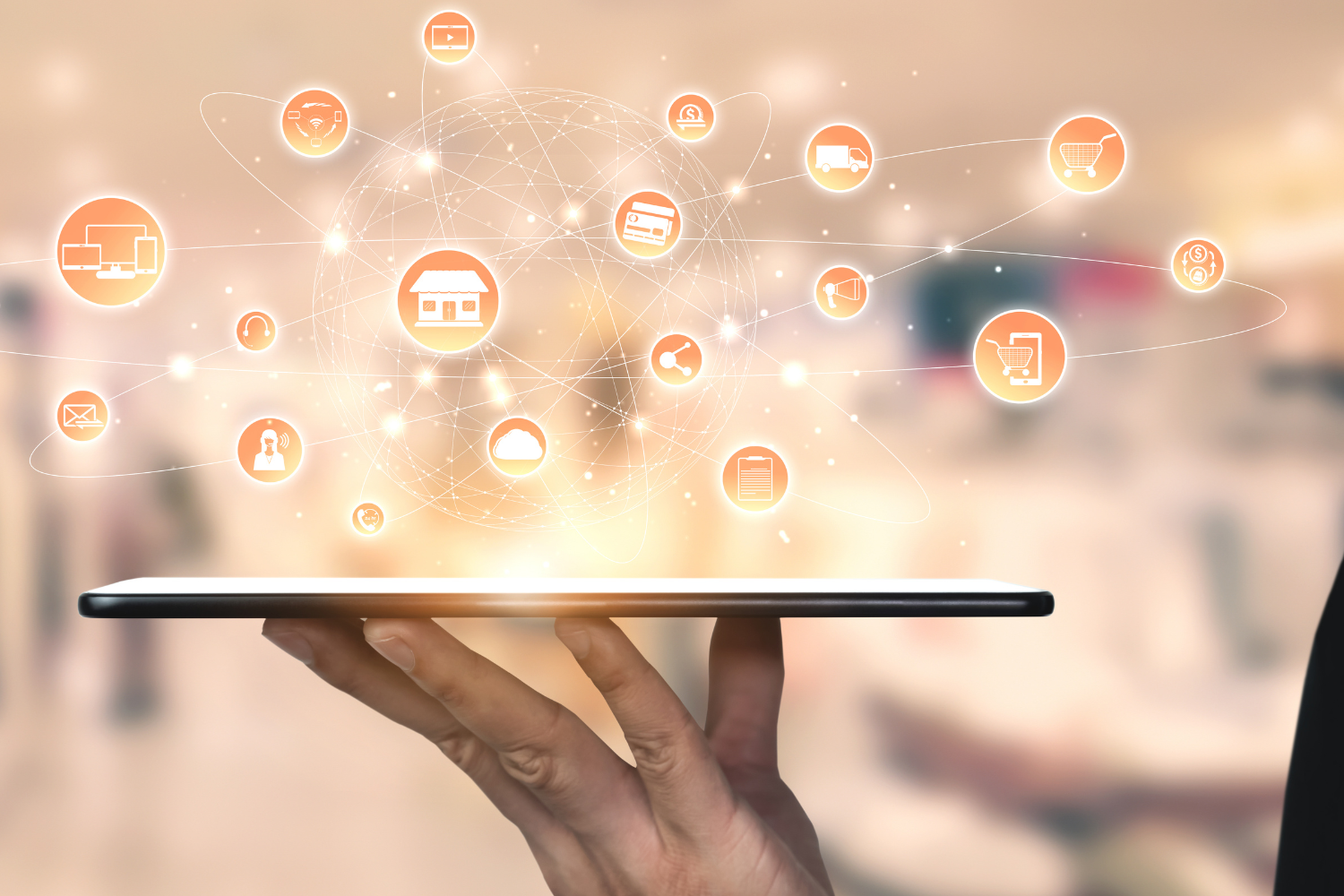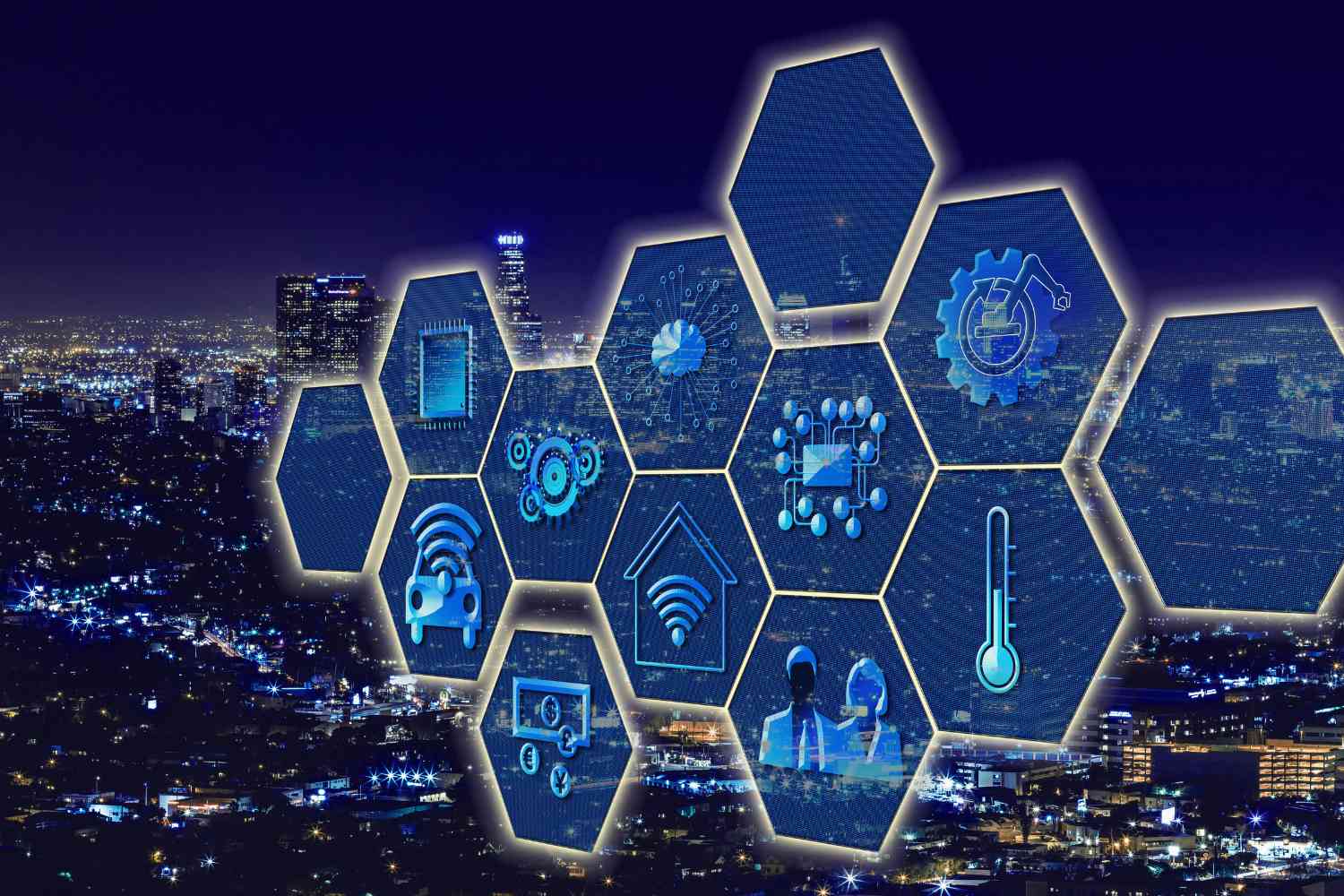In today’s rapidly evolving business landscape, staying ahead of the curve requires adopting strategies that seamlessly integrate various touchpoints to enhance customer experiences. This is where the concept of “omnichannel” comes into play. With technology continuing to reshape the way businesses interact with consumers, understanding the future of omnichannel is crucial for companies seeking to thrive in this digital era.
. Introduction
In an interconnected world where consumers engage with brands across various platforms, businesses are rethinking their approaches to customer engagement. Omnichannel, once a buzzword, is now a strategic imperative that demands attention and adaptation.
2. Defining Omnichannel in the Digital Age
Omnichannel involves seamlessly integrating all available channels to provide customers with a unified and consistent experience. Unlike multichannel, which focuses on offering different touchpoints, omnichannel emphasizes creating a holistic journey for customers, regardless of the channels they use.
3. The Importance of Omnichannel Strategy
A well-executed omnichannel strategy offers numerous benefits. It enhances customer satisfaction, fosters brand loyalty, and drives revenue growth. By providing a consistent experience, businesses can build trust and stand out in a competitive market.
4. Key Components of an Effective Omnichannel Approach

An effective omnichannel approach requires a cohesive strategy that spans channels like physical stores, websites, social media, and more. It involves understanding customer preferences, integrating systems, and offering personalized interactions.
5. Technological Innovations Driving Omnichannel Evolution
The future of omnichannel is intrinsically tied to technology. Augmented reality (AR), virtual reality (VR), and the Internet of Things (IoT) are transforming how customers interact with products and services, blurring the lines between physical and digital experiences.
6. Data-Driven Personalization: Shaping the Future of Omnichannel
Data analytics empowers businesses to understand customer behavior better. By leveraging insights, companies can deliver personalized recommendations, offers, and experiences, creating a deeper connection with their audience.
7. Omnichannel in E-Commerce: Redefining Online Shopping
E-commerce has embraced omnichannel, redefining online shopping. Features like “buy online, pick up in-store” (BOPIS) and synchronized shopping carts offer convenience, giving customers control over how they want to purchase.
8. The Role of AI and Chatbots in Omnichannel Customer Service
AI-powered chatbots provide real-time assistance across platforms, enhancing customer service. They answer queries, offer product recommendations, and even facilitate purchases, providing a seamless experience.
9. Challenges and Considerations in Implementing Omnichannel
While the benefits are clear, adopting an omnichannel strategy comes with challenges. Integration complexities, data security concerns, and maintaining consistent branding across channels require careful planning.
10. Preparing for the Future: Strategies for Successful Omnichannel Adoption
Businesses must align their organizational structure and technology to support omnichannel initiatives. Cross-functional collaboration and investing in the right tools are essential for a successful transition.
11. Social Media as an Omnichannel Platform: Bridging the Gap
Social media platforms are more than marketing channels; they serve as omnichannel platforms for customer interaction. Brands leverage these platforms to engage with customers, provide support, and gather feedback.
12. Omnichannel Analytics: Enhancing Decision-Making
Data-driven decision-making is at the core of omnichannel success. Analytics help businesses assess channel performance, customer preferences, and the effectiveness of marketing efforts.
13. Future Trends in Omnichannel Marketing
The future promises exciting trends, including more immersive experiences through AR and VR, hyper-personalization using AI, and a deeper integration of voice-assisted devices in the omnichannel ecosystem.
14. The Global Impact of Omnichannel on Businesses
Omnichannel is a global phenomenon, impacting businesses of all sizes and industries worldwide. It levels the playing field, allowing even smaller businesses to compete by delivering exceptional customer experiences.
15. Conclusion
The future of omnichannel is a journey into a world where seamless interactions, data-driven insights, and personalized experiences converge. As businesses continue to evolve, embracing an omnichannel approach will be instrumental in shaping a customer-centric future.
You can also read this Omnichannel: How to Pronounce and Master the Concept




























































